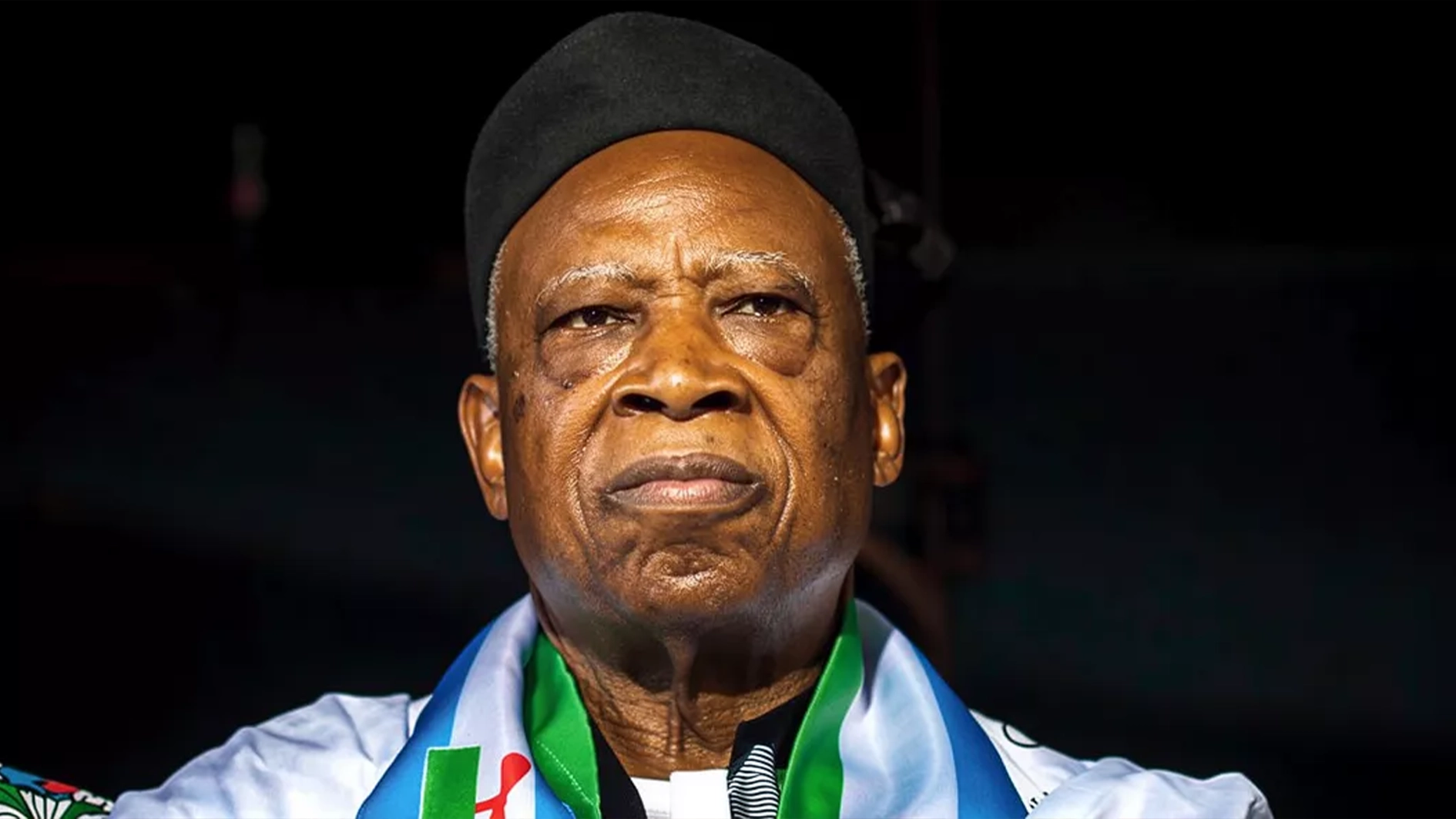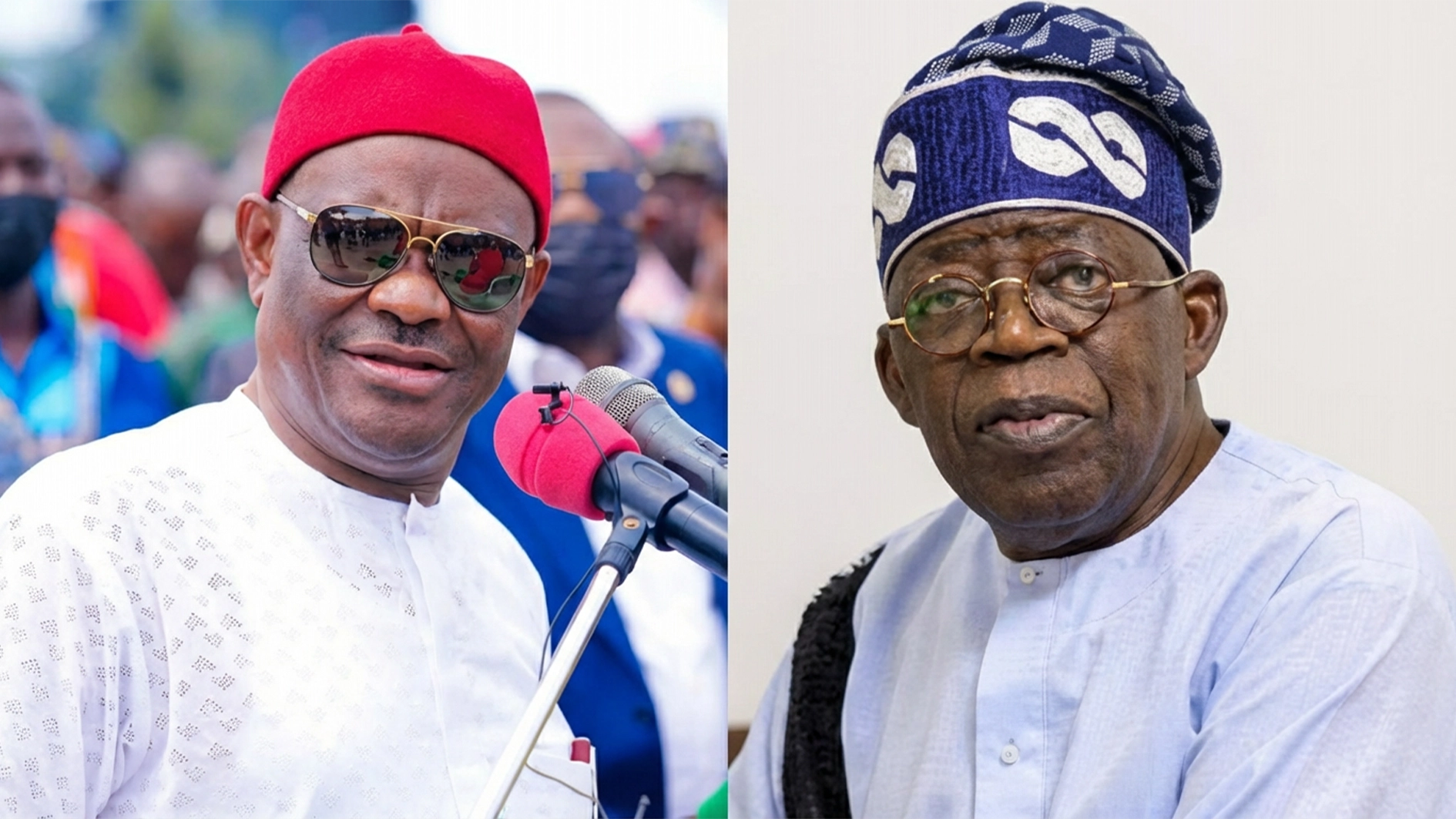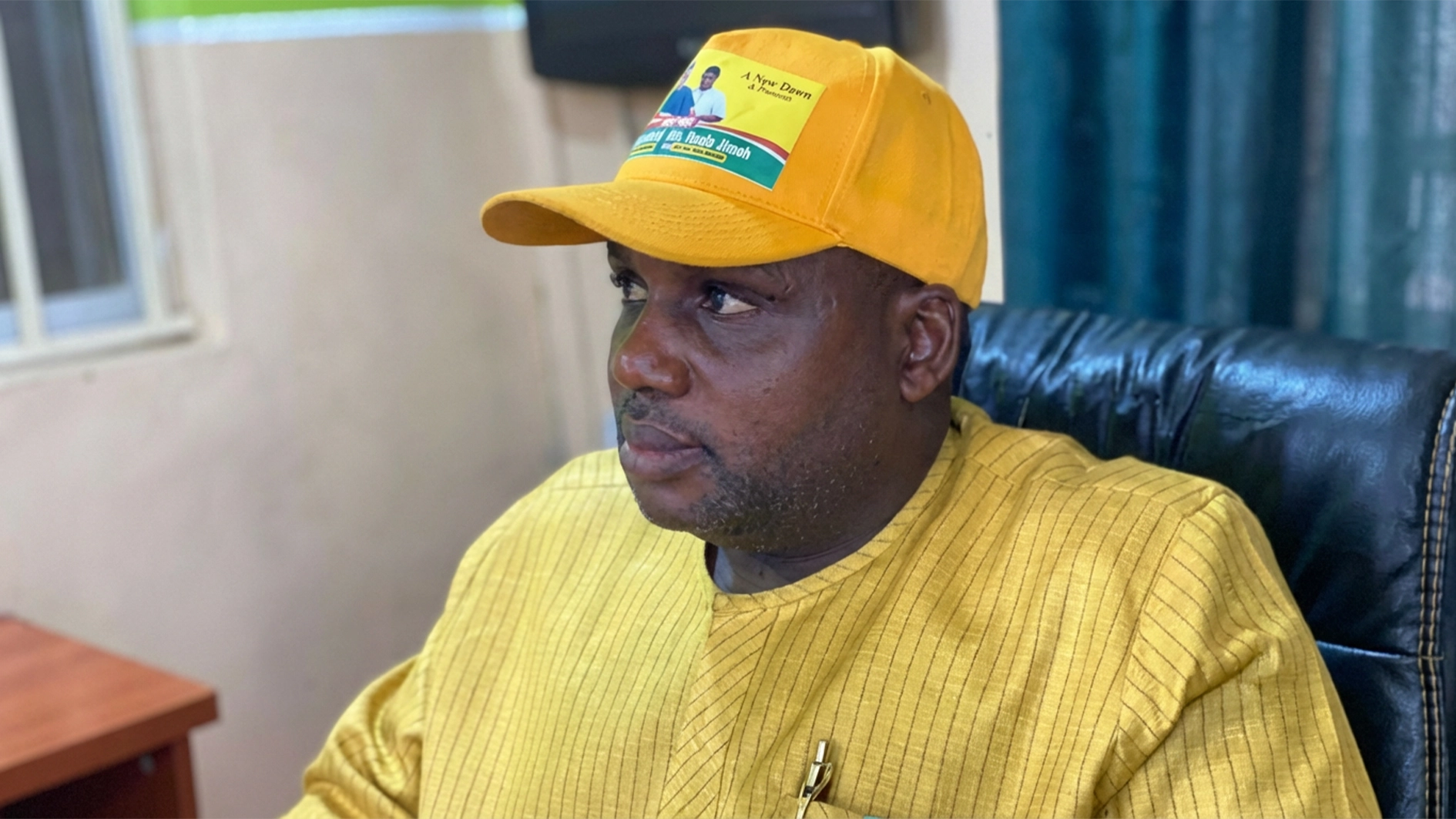
There is a popular saying that after the lordship and sovereignty of God over our lives, the next absolute sovereignty, over humanity, is government-of all ideologies, shapes and patterns. It is informed by the realization that our lives are affected, and profoundly shaped, in a variety of ways by either the good deeds or the misdemeanour of our respective governments.
Accordingly, to underscore this truism, in his bestseller book entitled ‘The Price of Inequality’ (2013), Joseph Stiglitz, a Nobel Laureate of Economics, states, unequivocally, that “Government is the formal institution through which we act together, collectively, to solve the nation’s problems.”
Amplifying the significance of the government further, Stiglitz states that “there has been no successful large economy in which the government has not played an important role… For one thing, the government sets the basic rules of the game. It enforces the laws. More generally, it provides the soft and hard infrastructure that enables a society, and an economy, to function. If the government does not provide the roads, ports, education, or basic research- or see to it that someone else does, or at least provides the conditions under which someone else could- then ordinary business cannot flourish.” Invariably, therefore, Stiglitz recognises the role of government, and the instrumentality of governance, as a force of good in all human societies.
But, it has also been widely acknowledged, across the world, that no government can function optimally without a capable, efficient, effective, transparent, accountable, ethical, and development oriented public service. Without these distinguishing features of excellence and professionalism in a public service, evidently, it will be incapacitated to serve, adequately, as the administrative machinery of government for the implementation of its policies and programmes on a sustainable basis. In other words, the quality of a nation’s public service matters, hence the popular maxim that no nation can advance beyond the reach and capacity of its public service.
Essentially, if the quality of governance, and of the public service, matters in a private-sector driven economy such as the United States of America, (USA), as aforesaid by Stiglitz, and in the leading economies of the world, it must matter, even more, in the developing global south of which Nigeria is a key member.
It mattered in the defunct Western Region, for example, under the leadership of late Chief Obafemi Awolowo, one of the founding fathers of our beloved nation. In his fitting tribute to the then regional Service, attested to in his Autobiography (1960), regarding its contributions to the giant strides of his administration, he acknowledged that the institution was: “exceedingly efficient, absolutely incorruptible in its upper stratum and utterly devoted and unstinting in the discharge of its many and onerous duties. For our civil servants, government workers and labourers to bear, uncomplainingly and without breaking down, the heavy and multifarious burdens with which we have in the interest of the public saddled them, is an epic of loyalty and devotion, of physical and mental endurance, and of a sense of mission on their part.”
The experience was virtually the same in the defunct Northern and Eastern Regions under their respective Premiers, hence the nostalgic feeling in the country that the first republic was actually the best time that we flourished and blossomed, as a nation, under democratic governance.
Only recently, in his recent article. in the press entitled ‘Between Technocrats and Politicians in Governance’ Muniz Banire (SAN), former Lagos State Commissioner, accomplished legal practitioner, politician, cum public analyst, opined that contrary to the ridiculous claims in the public space that politicians were unfit to serve in high level offices in government, because of the misconception that they were not technocrats, he refuted this false notion by acknowledging that Nigerian politicians had come of age, with the right skills, aptitudes, competencies to serve, with excellence, in a variety of roles across government.
He recognised, however, that without prejudice to the suitability of politicians to serve diligently in public offices, the significance of civil servants, as the true technocrats, to adequately complement the political leadership, at all levels of government, for the delivery of societal goals, is unassailable.
In his estimation, “by the strict nomenclature, civil servants are actually the class of people regarded as technocrats. They are so regarded because of the peculiar skills they are presumed to have in different sectors of governance. Beyond the fact that in most cases, civil servants possess the basic professional qualifications, they enjoy the pre-eminence of experience in their chosen fields. In fact, some of them are encyclopaedia of their competencies. To that extent, they are the true technocrats that the government desires.”
In a dispensation where the public service in Nigeria has been perceived as having failed, over the years, in its sacred duty to effectively serve as the custodian of public interest, and the institutional machinery for the implementation of pro-people policies and programmes for rapid progress, the tendency has been to shift attention to the private sector as an alternative growth driver, and talent pool, for harnessing key capabilities for the development of key sectors of the national economy.
The norm, usually, is to dismiss the Public Service as incapable of adequately complementing the political leadership to deliver on the priority policy objectives and strategic goals of government which often require deep thinking, speed of execution and innovative ways of achieving more with less, in a globally competitive and conflict-prone world. It is worth restating, however, that without prejudice to the value-addition that the private sector, and other stakeholders and partners can bring to bear towards the realization of national visions and strategic imperatives, the fact remains that the strategic role of the Public Service for their accomplishment cannot be discountenanced.
Its reawakening is, therefore, instructive for the effectuation of the Renewed Hope Agenda of this Administration, given that the Federal Civil/Public Service must buy into the said Agenda, and be committed to its realization, to underscore its devotion, loyalty, professionalism, public-spiritedness, patriotism, non-partisanship and disposition to serve the government of the day dispassionately and selflessly.
Obviously, Nigeria is in dire straits. She is facing monumental challenges in virtually all sectors of her national life. Professor Soludo’s apt metaphor of the economy that President Tinubu has inherited, as ‘a dead horse standing’, while instructive, may actually be the tonic that should spur us to activate our unbending spirit to birth a new Nigeria of our fulfilled dreams and shared prosperity under the Renewed Hope Agenda.
But, it will require the Tinubu Administration taking decisive steps in a number of areas. It must clarify, and ably communicate, its core governance philosophy, principles and values to the Public Service so that the grand vison will be co-created and co-shared by it, as an unbroken contract between the political leadership and its bureaucracy. It must transform the Renewed Hope Agenda from an individual pathway of key interventions for change into a national plan of actionable sector imperatives, and priorities with deliverables/outcomes and timelines.
Taking Nigeria out of the woods, under the Renewed Hope Agenda, also requires a fit-for purpose, well-remunerated, virile, value-driven, accountable, loyal and innovative Public Service. Without a Public Service of this pedigree in place, President Tinubu’s determination to let the poor breathe, and ensure that we can fetch water from our dry wells, will be a tall order.
Accordingly, the Public Service needs a changed mindset of renewed vigour, passion, drive and commitment to the promotion of the common good, hence the need for the President to be in the driving seat to reinvigorate and transform it using new tools, strategies and tactics. It calls for reviewing, strengthening and consolidating the on-going multi sectoral reforms across board (Governance, Economic, Financial, Social, Judicial, Legislative, Civil Service, etc,), as outlined in the National Strategy for Public Service Reforms (NSPSR), and other extant national vision and umbrella sector strategy documents, with a view to further enriching and updating them with the key priorities, programmes, projects and deliverables of the Renewed Hope Agenda.
The Reform Governance Structure ought to be reactivated, with the inauguration of the National Council of Reforms (NCR), chaired by the President, and the Steering Committee of Reforms (SCR), chaired by the Secretary to the Government of the Federation without delay. It is expected that similar sector-specific reform institutional structures will be set up, as appropriate, across the Service, and timely report submitted to higher authorities.
The President is enjoined to constitute the Federal Public Service Council (PSC) for experience-sharing, knowledge exchange and mutual reinforcement, in order to ensure that the Public Service is better coordinated and managed organically. The era of wasteful, poorly-designed unproductive, misdirected, uncoordinated and poorly-led reforms should end. Reform implementation must deliver in key result areas or else its managers and drivers, in key reforms agencies, must be fired or replaced.
The presidential bureaucracy (Secretary to the Government of the Federation, Head of the Civil Service of the Federation, Chief of Staff to the President and Chairman, Federal Civil Service Commission) must eschew power play within its ranks, and work cooperatively, harmoniously, and conscientiously for the delivery of the civil results and policy outcomes of the Renewed Hope Agenda. It must also be ready, always, to avail the President the best advice for decision making on a wide range of issues of national importance and public interest, devoid of politics, self-interest and aggrandizement.
The top hierarchy of both the Federal Civil Service, and the enlarged Public Service, must be interrogated for its commitment and readiness to deliver on the key priorities and milestones of the Renewed Hope Agenda, failing which it should be purged for injection of new hands, competencies and capabilities across board.
Undoubtedly, every institution is defined by the quality of its leadership, hence it is expected that, as a talent hunter, President Tinubu will be intentional in bringing on board the right mix of pro-active, purposeful, smart, intelligent, loyal and experienced new leaders, with integrity, that the Public Service urgently requires, today, for its speedy transformation, to superintend over it, and bridge the trust deficit in it as a national institution of pride and excellence, for the effectuation of the Renewed Hope Agenda.
• Mayomi is a public analyst, pioneer Staff of the Bureau of Public Service Reforms (BPSR), and Retired Director, Federal Civil Service.






